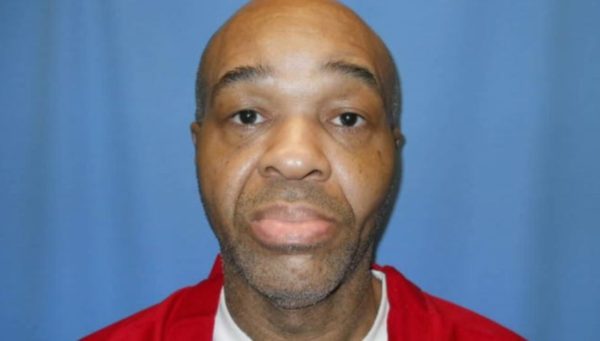A Black man who served 26 years on death row after he was wrongfully convicted for killing a white woman and sentenced to death in 1994 is now free after key evidence against him was debunked.
Eddie Lee Howard, a 67-year-old Mississippi man, was exonerated Friday when Lowndes County District Attorney Scott Colom decided not to retry the murder case that left him behind bars for more than twenty years.
Howard’s conviction was overturned and his sentence vacated in August by the Mississippi Supreme Court, and he was released from the state penitentiary in December.
Howard was convicted for the murder of 84-year-old Georgia Kemp, who was found dead in her residence in 1992 in Columbus, Mississippi. The woman had been beaten, stabbed, and likely raped. A knife was found at the scene. Six days after the killing, Howard was arrested. His 1994 conviction was overturned in 1997, but he was convicted again in 2000 after dentist Michael West testified that supposed bite marks found on Kemp’s arm were “consistent with” Howard’s teeth.

In the 1990s, West claimed to have developed forensic techniques only he could perform, Radley Balko reported for the Washington Post. He said he could match bite marks on human skin to any individual person in the world.
West’s testimony was heard in courtrooms primarily in Louisiana and Mississippi, as well as in eight other states. Two men, Kennedy Brewer and Levon Brooks, spent years in prison after they were convicted for the rape and murder of a child, based partially on West’s testimony. Both men were exonerated after spending a combined 30 years in prison.
In 2012, West himself stated that bite-mark evidence is unreliable and shouldn’t be used in court.
“I no longer believe in bite-mark analysis,” he said at a 2012 deposition, adding, “I don’t think it should be used in court. I think you should use DNA. Throw bite marks out.”
In 2010, DNA testing showed that no male DNA was found in the areas where West claimed Kemp was bitten. The testing “did not find Howard’s DNA in places it might have been left had Howard bitten the victim as Dr. West concluded,” said Vanessa Potkin of the Innocence Project.
Mississippi justices agreed with the unreliability of bite-mark evidence in August, stating, “an individual perpetrator cannot be reliably identified through bite-mark comparison.”
On Friday, prosecutors formally dropped the murder charge against Howard.
Colom said he filed a motion to dismiss the case, writing, “After reading the supreme court’s opinion, reading the trial transcripts from the two trials, reviewing the investigative files and case files of the case, I decided that we didn’t have even remotely close to sufficient evidence to convict Mr. Howard beyond a reasonable doubt,” Colom said. “Therefore, under my legal, ethical responsibilities, I had no choice but to dismiss the case.”
Howard expressed his appreciation for the work done by the Mississippi Innocence Project to overturn his conviction.
“The Mississippi Supreme Court has taken a powerful stance in rejecting junk science as the basis on which to put a man to death,” said M. Chris Fabricant, one of Howard’s attorneys. “We are thankful that the Court has identified this breakdown in Mr. Howard’s case, ruling that debunked science has no place in our justice system.”


